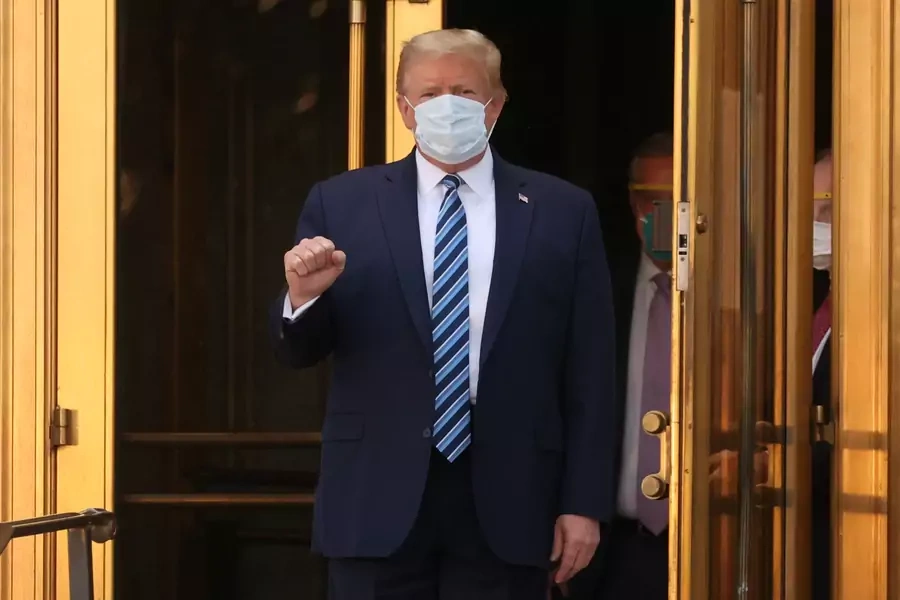Trump's Illness and the Demand for Medical Information

The confusion, mixed messages, and lack of candor surrounding President Donald Trump's health would surprise few Africans. However, they might well be surprised by the details that have been released, such as the president's oxygen capacity or medications prescribed. African governments rarely admit that a chief of state is ill, and they provide few updates. When they do, they are often met with skepticism. An African chief of state "enjoys excellent health" – until he dies.
In the United States, administrations always try to manage the news about a president's health. For example, President Franklin D. Roosevelt tried to minimize public awareness of his wheel-chair dependence or President John F. Kennedy public knowledge that he suffered from Addison's Disease. However, at least since President Dwight D. Eisenhower suffered a heart attack, the American public has come to believe that it is entitled to the details about a president's health – and an aggressive media has responded to that demand. The free American media limits White House ability to successfully manage the news about a president's health.
More on:
While generalization about African publics is always fraught, unlike in the United States, in most of sub-Saharan Africa there is little sense that the public is entitled to know the details of a chief of state's health. In weak states, knowledge is power, and not to be gratuitously shared. Outside the westernized elites, there is fear that knowledge about an individual's health can provide the basis for mischief making. In African traditional societies, it would not occur to demand the medical details of a chief at any level.
More on:
 Online Store
Online Store